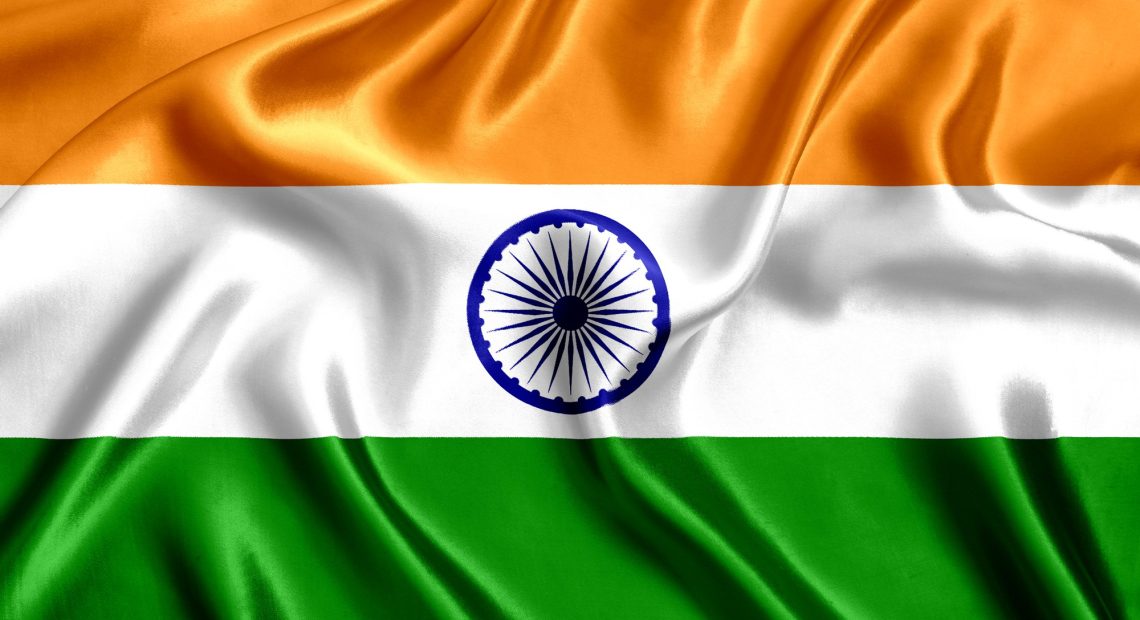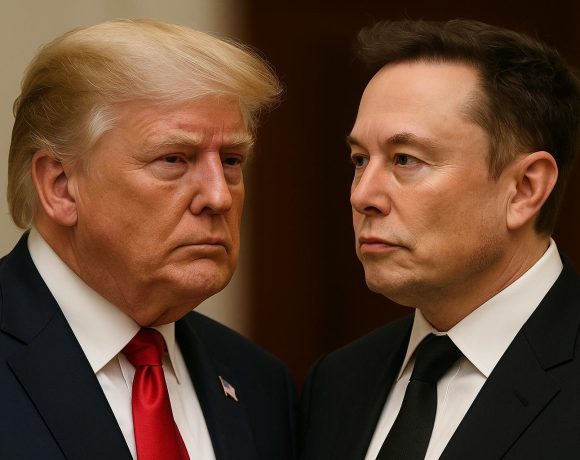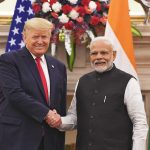
India Distances Itself as SCO Condemns Israel Strikes
India has signaled a clear divergence from the Shanghai Cooperation Organisation (SCO)’s stance as the bloc collectively condemned Israel’s recent airstrikes on Iran. While countries like China, Russia, and Pakistan aligned in denouncing the Israeli action during a recent SCO meet, India chose to distance itself from the joint statement, underscoring its independent diplomatic posture.
India’s Non-Alignment in SCO Statement
The Ministry of External Affairs (MEA) clarified that India did not participate in the SCO meeting that led to the condemnation of Israel’s June 13 airstrikes. According to the MEA, “We did not participate in the discussions on the SCO statement condemning Israel’s action. Our position is guided by our own principles and our own assessment of the situation.” This deliberate absence from the discussions illustrates New Delhi’s desire to avoid being pulled into polarised global alignments and maintain balanced relations in West Asia.
India has adopted a consistent approach of strategic neutrality in complex global conflicts, particularly where both sides are of diplomatic and strategic significance to New Delhi. While the SCO’s official communiqué labelled the Israeli strikes a violation of international law and a threat to regional stability, India refrained from commenting directly on Israel’s actions.
Call for Restraint and Dialogue
India has instead chosen to focus on de-escalation and diplomacy. In its own statement, the MEA urged both Israel and Iran to exercise restraint and avoid further escalation. “We urge that channels of dialogue and diplomacy be utilised to work towards de-escalation,” the ministry said, highlighting India’s broader foreign policy commitment to peaceful conflict resolution.
External Affairs Minister S. Jaishankar also reportedly engaged in direct diplomatic outreach to both Tel Aviv and Tehran, conveying India’s concern about the escalating tensions and emphasizing the need to prioritise dialogue. This high-level engagement reflects India’s role as a potential stabilising actor amid intensifying West Asian conflict.
Strategic Implications for India
India’s decision to abstain from the SCO’s collective position reinforces its commitment to strategic autonomy. While countries like Russia and China may take more assertive positions on Middle East affairs due to broader geopolitical rivalries, India remains cautious, mindful of its significant diaspora in the region, energy dependencies, and growing ties with both Israel and Iran.
Furthermore, India’s stand is consistent with its past record in multilateral platforms where it has avoided blanket condemnations unless the issue directly affects its core interests. Its response in this case is likely influenced by its long-standing relationship with Israel in defence, agriculture, and technology, as well as its traditional goodwill with Iran.
Outlook
As Israel and Iran remain on the edge of a broader military confrontation, India’s approach suggests an intent to remain a neutral voice for peace and restraint. By distancing itself from SCO’s condemnation and pushing for diplomacy, New Delhi is signaling that it will not allow multilateral blocs to dictate its foreign policy choices. Instead, it hopes to position itself as a constructive partner capable of engaging with both sides, should the need for mediation arise.


















